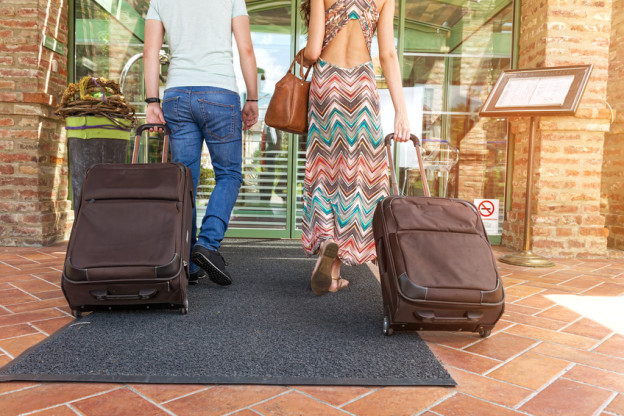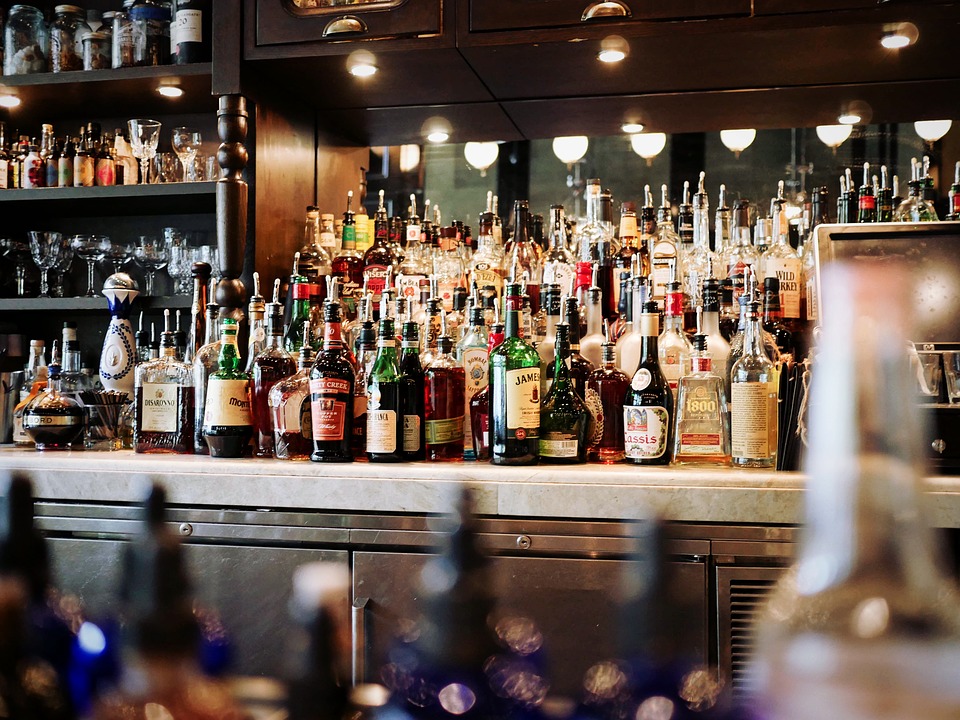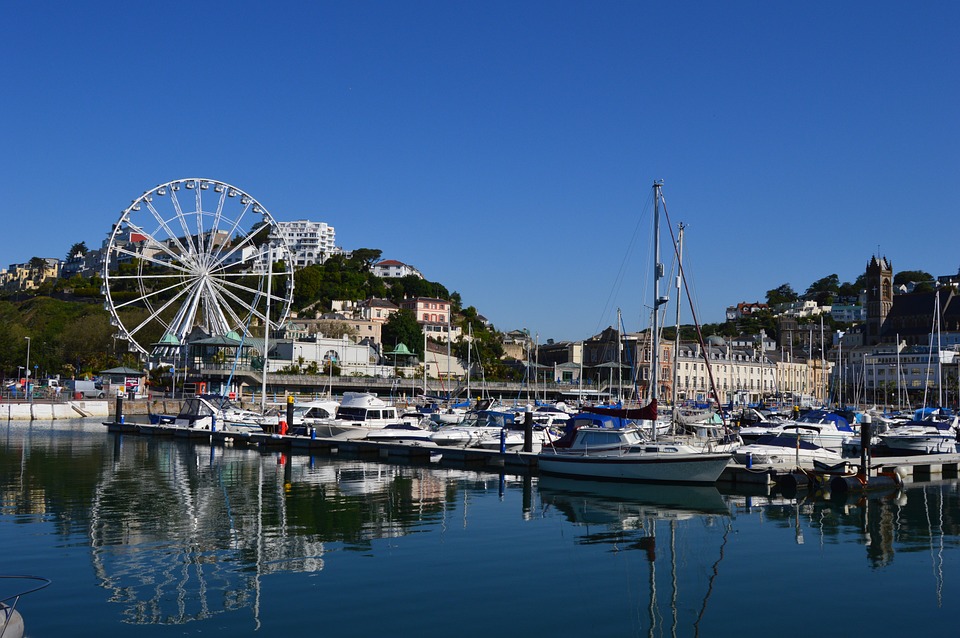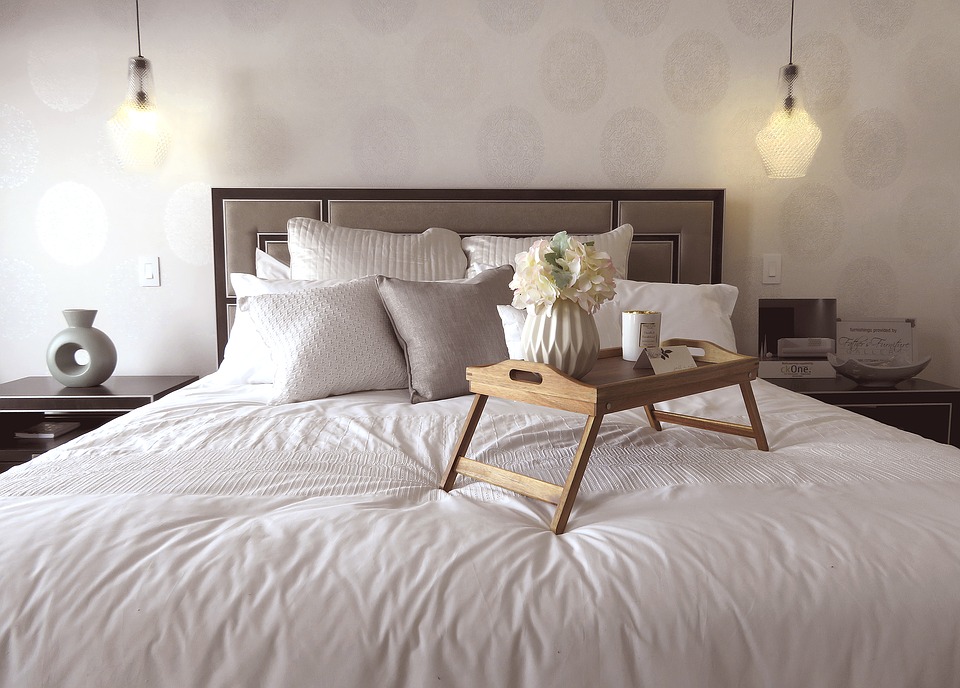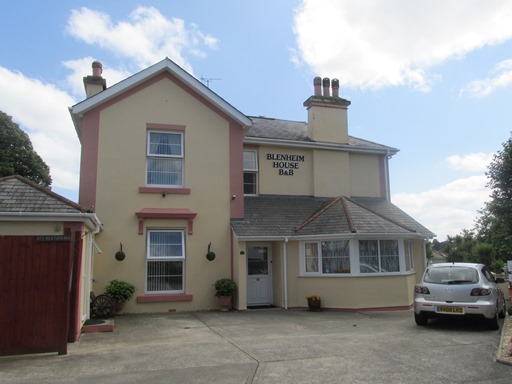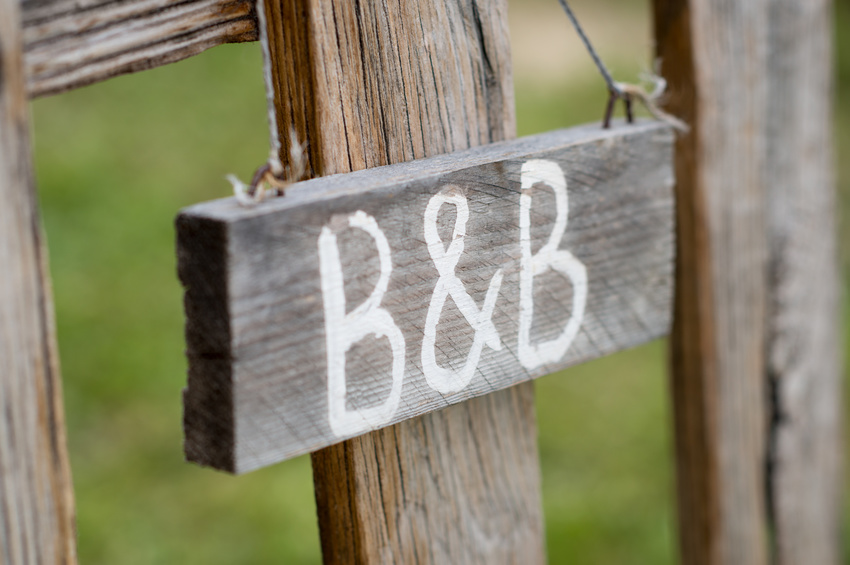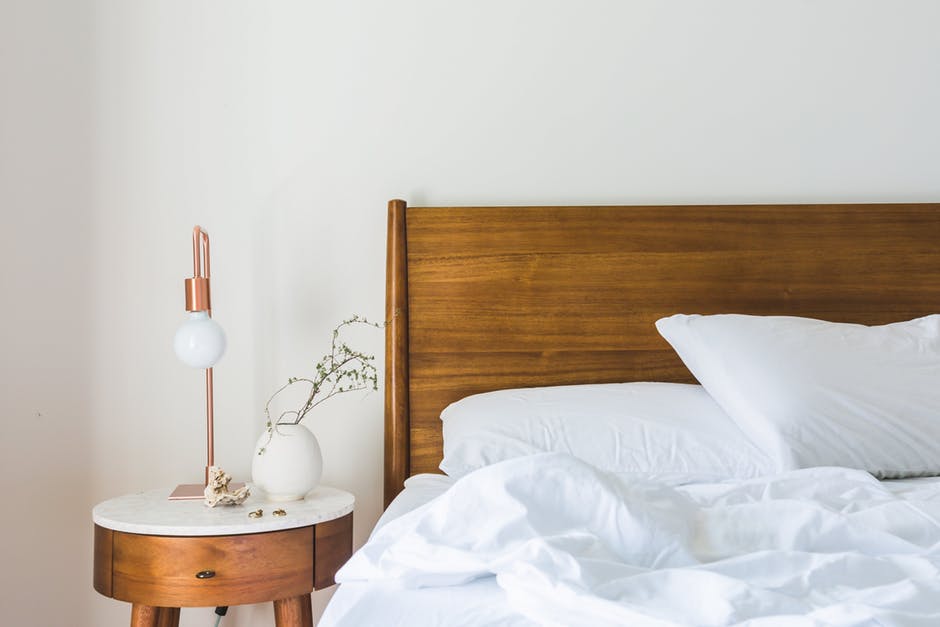Elaine and Lee own a beautiful B&B a short walk from Torquay seafront. They welcome guests from around the world to use their home as a base from which to enjoy spectacular coastal walks and visit popular tourist sites, such as the model village and the national park.
Elaine and Lee moved to Blenheim House in January 2017, in pursuit of a new life.
We helped Elaine and Lee to find the right hospitality finance for their business and, 18 months on, Elaine and Lee are enjoying being B&B hosts so much that they have decided to convert more of their living quarters to guest accommodation.
We asked Elaine what being a B&B owner is really all about and what advice she would give to wannabe B&B hosts.
What made you decide to set up a B&B?
I was working over 50 hours a week and my husband was also working long hours. We were tired of the daily grind.
We knew it was time to make a change, but we didn’t know how, so we set out to buy a house in the south with an annex. We thought this would bring in some money whilst we decided how we wanted to pursue our individual careers.
However, whilst looking for a house with an annex, we fell in love with Blenheim House and decided, that instead of going for a house with an annex, we’d try out the B&B life.
When we told family and friends about our plans to set up a B&B, we received mixed responses. Some people were really positive but lots of people warned us that it would be a lot of hard work and that the commitment to guests would mean we would be really restricted as to what we can do.
What has been the biggest challenge when you set up a B&B?
Thanks to Stewart Hindley, the financing and purchasing side of things was fairly straightforward. Carol and her team found us a great B&B mortgage and we have a lovely bank manager who still pops in for a cuppa from time to time.
So, for us, the biggest challenge was juggling the needs of our three children, our youngest of whom is 18, with pursuing our B & B dream in a new part of the country.
What does a day in the life of a B&B owner look like?
We tend to get up at 6.45am, and from the moment we get out of bed, we don’t tend to stop until the middle of the afternoon.
We get breakfast on and serve our guests a full English breakfast, cereals and toast between 8.30 and 9.30am.
Guests are supposed to check out between ten and half past, but often they’ll sit and chat with us, so sometimes they don’t check out until midday, but that’s ok with us. We enjoy getting to know our guests and understand that our guests are on holiday. We don’t want them to feel rushed or pressured. Often our guests liken staying with us to visiting close family, which is exactly how we want them to feel.
Once guests have checked out, we whizz around turning around the rooms for the next occupants. This usually takes myself and Lee around just over half an hour in each room. I’ll change the linen and towels whilst Lee cleans the room thoroughly, but he’s so particular about the cleaning it can take us longer.
We then wait to welcome our new guests.
We welcome our guests with a tray of fresh tea and coffee, biscuits and cakes. They can choose to have their welcome tray in their room or outside, whilst soaking up the sunshine in comfortable chairs on the decking area.
Sometimes guests don’t arrive until the evening, but that’s ok as once our jobs are done, we sit on the decking and soak up the holiday ambience that comes with being so close to Torquay seafront. Sometimes we might make the four minute walk down to the beach when we have some spare time.
What’s the best thing about running a B&B?
The best thing about running a B&B is meeting new guests.
We have guests that have stayed with us from Germany, Australia, France and Italy. We have a guest book brimming with positive reviews in all sorts of languages. We’re just finishing a new dining room area where we will have a scratch map on the wall for guests to scratch off where they are from, which will be fun.
We do what we can to ensure all our guests have an enjoyable stay and experience the very best of the area.
We give them our personal mobile numbers so they can contact us at any time if they have any questions and we’ve even been known to give guests a lift on occasion to help them ensure they get where they need to be, on time and in a relaxed state.
This approach seems to be popular with our guests, some of whom have been back 3 or 4 times in the last 18 months. Now, when they visit, it’s just like having extended family to stay.
What advice would you give to someone looking to set up a B&B?
We’d say just go for it – don’t worry about negative comments or the hard work. Make the lifestyle work for you. Owning a B&B is fun. You meet some of the most amazing people. I just wish we’d done it ten years earlier.
If you’re dreaming of the B&B lifestyle and need hospitality finance to help turn your dream into a reality, give us a call on 01488 393040.
We can help you pull all these supporting documents together to get you over those initial hurdles and secure the finance you need to set up a B&B business.


